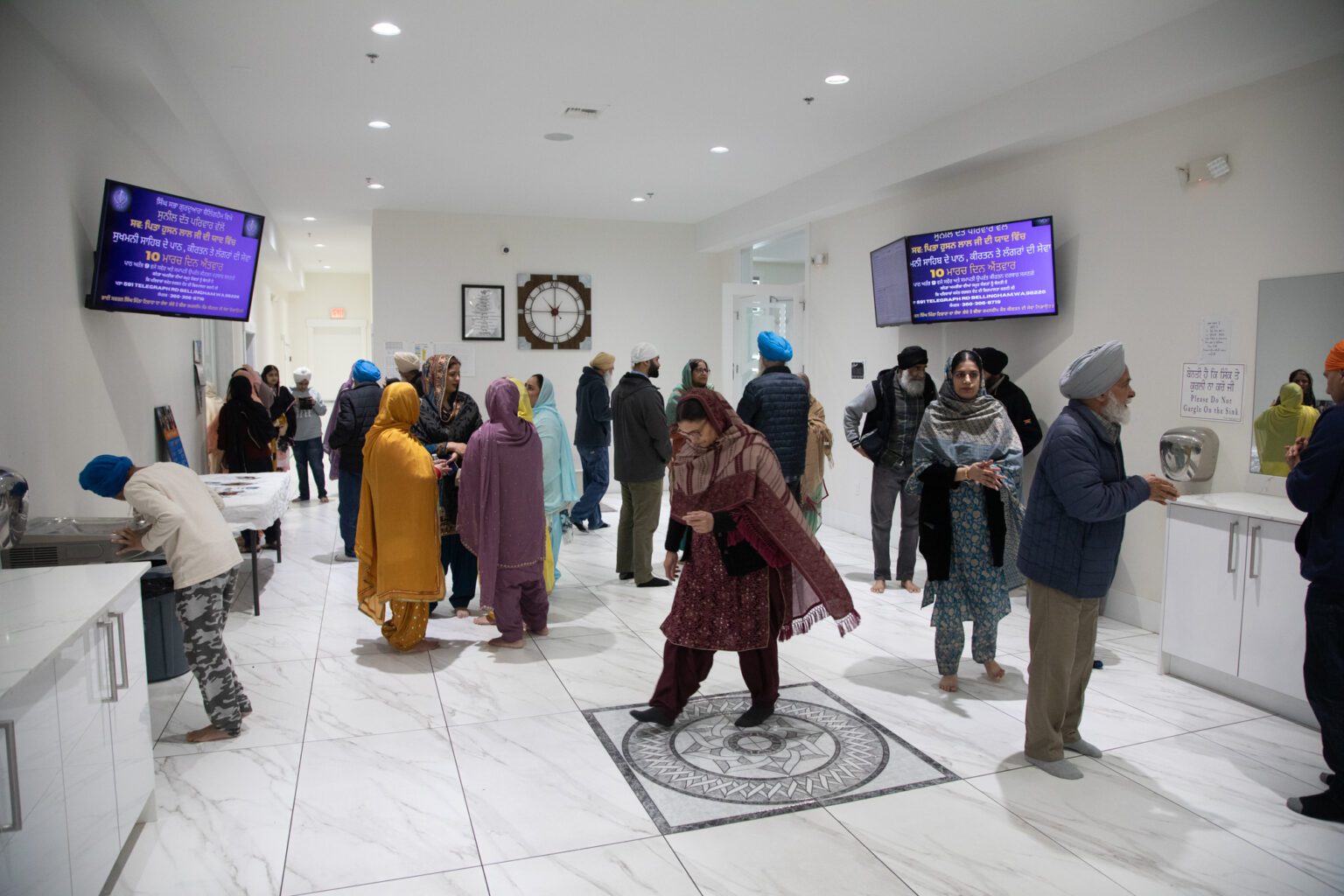It’s a Sunday afternoon at Bellingham’s Singh Sabha Gurdwara, one of three Sikh worship spaces in Whatcom County. The building is abuzz with activity: Adults greet one another as their children play games. Musicians, called ragis, perform gurbani kirtan (Sikh hymns) on harmonium with tabla.
Sikhs bow to Sri Guru Granth Sahib — considered both a holy book and eternally living guru — and take a reading from its 1,430 pages at the height of service. All worshippers gather on the f


Try us out
Enjoy 24 hours of unlimited digital access to CascadiaDaily.com for just $1!
Unlock the paywall



Millions spent to reduce solitary confinement in Washington produces few visible results